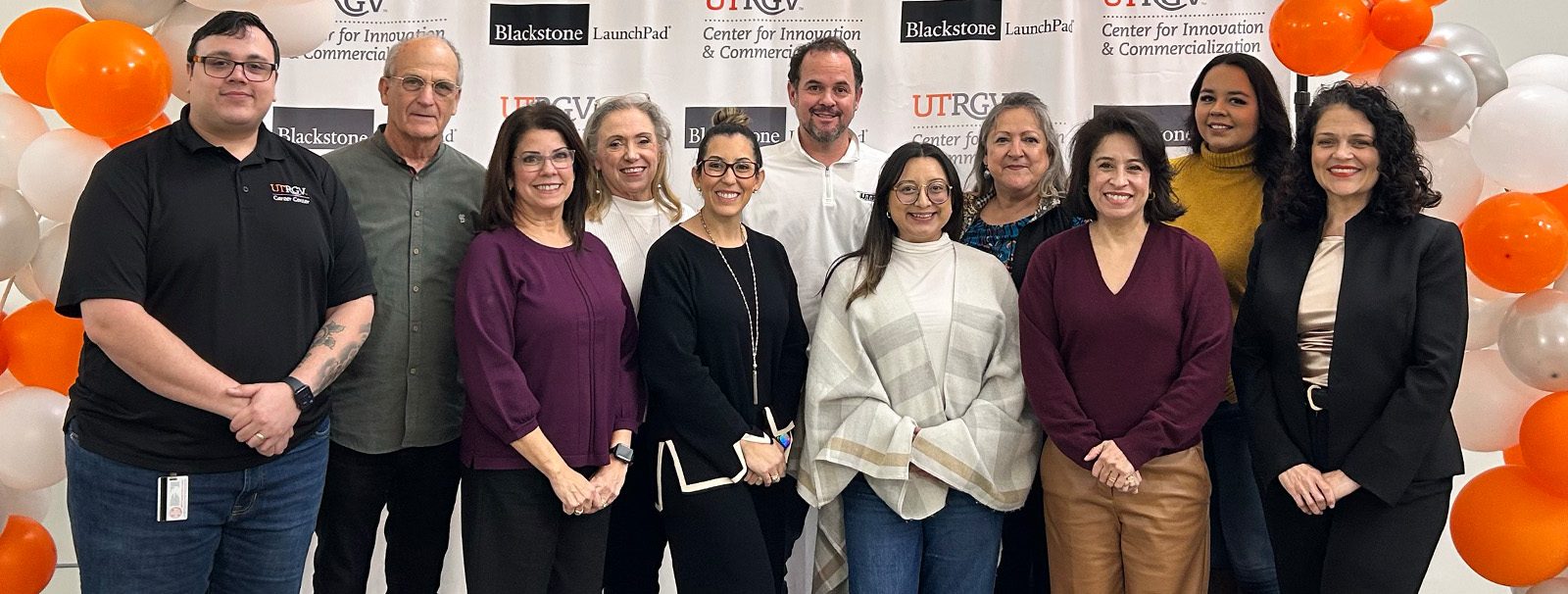
Counseling Faculty Publications
Document Type
Book
Publication Date
2015
Abstract
In an effort to help persons with disabilities learn to forgive and to achieve a more peaceful and serene way of life, a seven module forgiveness intervention has been developed. While the full intervention consists of seven modules, some professionals, depending on the person, group, or situation, may tailor the process to only six modules. This is because an additional but specific module (i.e., Module 2) was added for women with disabilities. While many of the experiences, feelings, beliefs, and personal hurts or offenses are similar regardless of gender, it was felt that an additional module be included for women with disabilities because this is a group of individuals who are doubly- or triply-stigmatized (Deegan & Brooks, 1985; Saxton, 1985). Further, it is well documented throughout the research that women with disabilities are more likely to be single or divorced, stigmatized even to a greater extent than their male counterparts with disabilities, and often have fewer personal and financial resources to help themselves (see Nosek &Hughes, 2003; Olkin, 2008; Stuntzner, in press). As a result, women with disabilities may not receive enough attention and focus from professionals, agencies, or others trying to assist them in moving forward following disability. This forgiveness intervention was developed to try and change that historical trend.
Recommended Citation
Stuntzner, S. (2015). Stuntzner’s Forgiveness Intervention: Learning to Forgive Yourself and Others Following Disability. Counseling Association of India.
Publication Title
Counseling Association of India


Comments
Scholars and professionals are welcome to contact Dr. Stuntzner if they have questions or want to purchase manuals.
More information can be found at https://therapeutic-healing-disability.com or emailing her directly at susan.stuntzner@utrgv.edu.